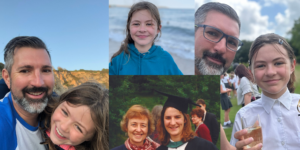
Why Capturing Memories and Managing Your Life Matter: A Personal Journey
Memory loss is a natural part of aging. But with the right tools and techniques, you can prevent memory decay

Memory loss is a natural part of aging. But with the right tools and techniques, you can prevent memory decay

Memory loss is a natural part of aging. But with the right tools and techniques, you can prevent memory decay
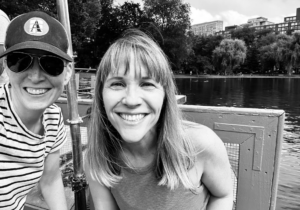
Meet Artifcts – a digital way of organizing stuff and capture the meaning behind it. Photos, video, audio & anecdotes

Memory loss is a natural part of aging. But with the right tools and techniques, you can prevent memory decay
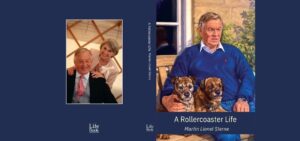
As a LifeBook Memoirs editor, certain books linger in your mind long after they’re finished. Martin Sterne’s autobiography is one

TV news anchor John Yang investigated the hot topic of what legacy we leave behind on a recent PBS report.
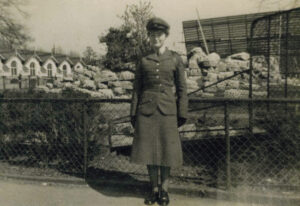
Many of our authors at LifeBook probably think of themselves as ordinary people, but really, they aren’t ordinary at all.
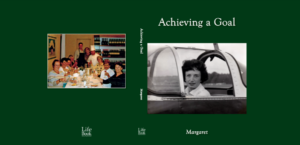
LifeBook Memoirs editor Ben Creeth shares his experience of working on another of his favourite projects.

LifeBook had the honour of helping SteelFab, Inc. write their corporate history “From Cottonfields to Skyscrapers”. We learned about their
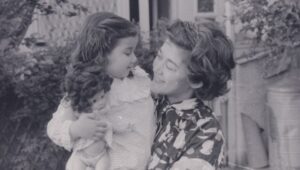
The holidays are coming, and that means we are all making our lists, checking them twice, and racking our brains

Please wait while you are redirected to the right page...